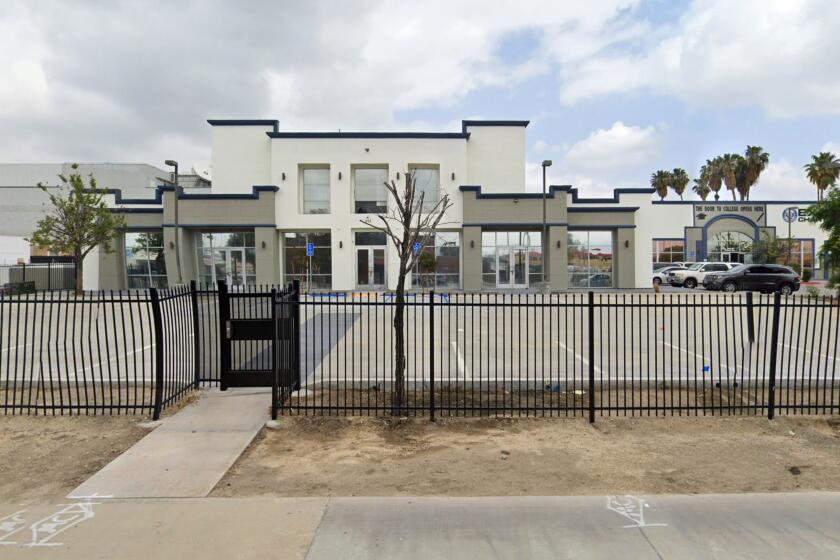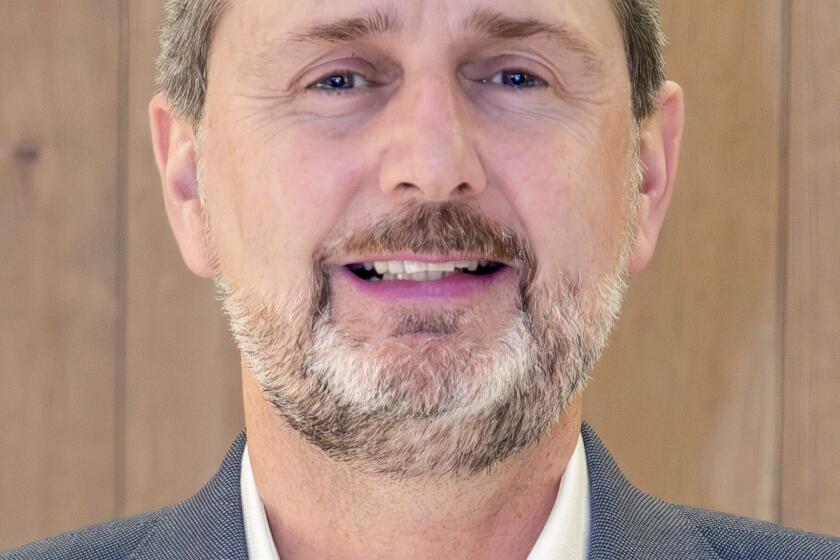Witness debunks Murray’s statements about Jackson’s propofol dose
Michael Jackson’s personal physician probably gave his patient 40 times more surgical anesthetic than he admitted to police, a drug expert testified Thursday.
Anesthesiologist Steven Shafer also said Dr. Conrad Murray had the drug flowing into the singer’s veins even as his heart stopped beating.
The testimony is the most direct refutation yet of Murray’s account of what happened in the hours leading up to the pop star’s death.
FULL COVERAGE: The Conrad Murray trial
Shafer, a Columbia University professor, said mathematical modeling based on levels of propofol found in Jackson’s body debunked Murray’s statement that he had given the singer a single 25-milligram dose of the drug shortly before his death.
The only plausible scenario, Shafer said, was that the physician gave Jackson an intravenous drip of an entire bottle of propofol, containing 1,000 milligrams of the drug, and left Jackson’s side, never realizing that his patient had stopped breathing.
“Is this the explanation that best fits all the data in this case?” Deputy Dist. Atty. David Walgren asked. “This fits all the data in this case, and I am not aware of a single piece of data that is inconsistent,” Shafer said.
Shafer, the prosecution’s final witness, said he based his testimony on reviewing Jackson’s autopsy report and records covering the amount of drugs Murray ordered. He then applied the data to a mathematical model based on medical research of how propofol affects the body.
He said his calculations ruled out any possibility that Jackson injected himself with the drug. Even if he had injected himself six times over a few hours, the level of the drug in his blood would not have reached the amounts later found, Shafer said.
“People just don’t wake up from anesthesia like that,” the anesthesiologist told jurors. “It’s a crazy scenario. I’ve never seen anything — it just doesn’t happen.”
Attorneys for Murray have told jurors that they would rely on science to show that Jackson injected himself with propofol and swallowed tablets of another sedative and caused his own death. Murray’s attorneys will cross-examine Shafer on Friday.
Whether Jackson gave himself the drug or not, Murray was just as responsible, Shafer said.
“Is it still your opinion that Conrad Murray was a direct cause, not just a substantial factor but a direct cause of Michael Jackson’s death?” Walgren asked.
“Yes,” Shafer replied. “He is responsible for every drop of propofol in that room.”
The anesthesiologist’s testimony brought into perspective earlier witnesses, Murray’s police interview and evidence found at Jackson’s home and for the first time laid out for jurors a theory of what the doctor did to cause Jackson’s death.
Shafer set up before the jury box a bottle of propofol in an intravenous drip that drained into an empty plastic water bottle standing in for the pop star’s body. Without a mechanically controlled pump, the infusion was “an intrinsically dangerous setup,” the doctor said.
Without the proper monitoring equipment, Murray probably watched Jackson for a while and, believing that everything was OK, left the room, Shafer said. Had the doctor remained at Jackson’s bedside, simply turning off the propofol drip and clearing his patient’s airway could have saved his life, Shafer testified.
“Michael Jackson died while the infusion was running,” he said.
Murray appeared anxious during the testimony, his eyes growing wide and his head shaking.
Shafer said Murray also appeared to have lied about how much lorazepam, another sedative, he gave Jackson.
Shafer was critical of the defense’s key medical expert, anesthesiologist Dr. Paul White, a longtime friend and colleague of his. White’s previous report for the defense that Jackson could have drunk the propofol and caused his overdose was obviously wrong, based on principles taught to first-year medical students, Shafer testified.
FULL COVERAGE: The Conrad Murray trial
“I was disappointed, because it’s not possible,” he said.
An attorney for Murray said last week that after receiving Shafer’s opinion and consulting experts, the defense had ruled out that possibility and would not be making that argument in trial.
More to Read
Start your day right
Sign up for Essential California for news, features and recommendations from the L.A. Times and beyond in your inbox six days a week.
You may occasionally receive promotional content from the Los Angeles Times.








